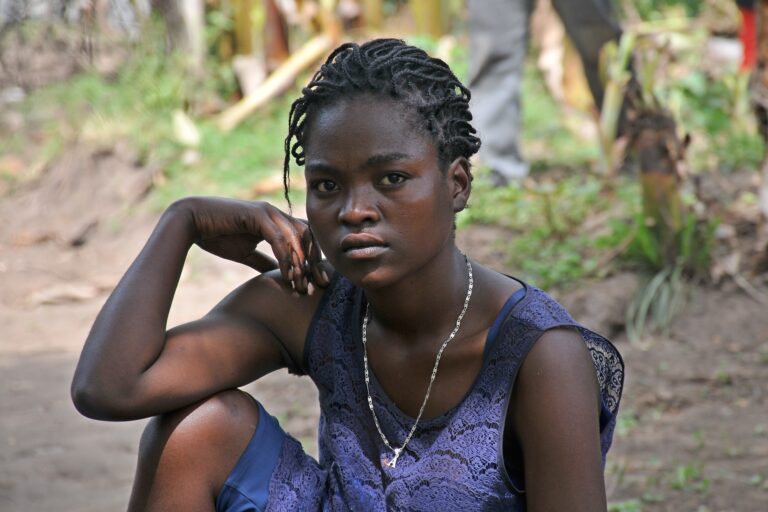Pro-lifers are devoted to defending unborn children, but our enemies attack us, claiming that we “don’t care about women.” We “don’t understand their pain, their needs,” they cry.
This pro-abortion party line is as familiar as it is false. In fact, the PRI Office for Ibero-America has long been advocating legislation that supports women – specifically, those untold thousands of mothers who are suffering from the loss of a child in the days before, during, or shortly after childbirth.
Many women experience this painful loss quietly and unnoticed. And they suffer in absolute desolation: suddenly, the joyful expectation of the arrival of a child into the world confronts instead a death that is both inexplicable and inconsolable. The baby that she had borne so eagerly, in spite of nausea, dizziness, fatigue, and a hormonal whirlwind, has suddenly died. Husbands and children share the profound grief of these grieving mothers.
But what can they do? In most Latin American countries, there are no care protocols to deal with this affliction, medically known as perinatal bereavement (sharing the sorrow of a lost newborn child). In most instances, there is no medical care available for those mothers and families who have experienced the loss of their unborn or newborn child.
As a result, many mothers have to deal with the avalanche of emotions in helpless solitude.
And that’s not all. The most tragic experience of these mothers is the treatment they receive in health centers after their baby has died. Medical staff simply minimizes the fact that their child existed at all. They try to address the problem by ignoring it.
Instead of offering emotional support, doctors and nurses comfort these mothers by assuring them that “you’re young and you will have other children,” or consoling them by saying, “it is over, you can go home now.” They treat the woman as if her child wasn’t real, as if she had never felt its beating heart, seen the beautiful ultrasound, the heartbeat she heard, or smiled when she felt the first little kicks.
These medical “professionals” act as though the best way to help the mother get over the pain of losing her child is to forget it as quickly as possible.
Thanks To PRI, Help Is On Its Way
In seeking measures to help mothers alleviate that pain, the Population Research Institute’s Iberoamerican office is supporting legislation that has recently been introduced in both Peru and Guatemala.
On November 21, 2022, Peruvian Member of Parliament Milagros Jáuregui de Aguayo took action on behalf of a group of women who had been victims of the healthcare system.
The title of the legislation she introduced explains its goal: “A Law To Establish The Adoption Of Measures For Gestational, Perinatal And Neonatal Death And Bereavement.” The bill’s supporters call it simply the “Star Law,” because, for them, their lost children are “star babies” who had life in their mothers’ wombs and whose eternal soul lives on. Even though the children are no longer physically present, they share a spiritual connection with their parents that shines a light in their lives and guides them every day.
On October 19, 2022, Guatemalan Member of Parliament Gabriela Guerra proposed “A Law Of Support For Gestational Death With Dignity.” This legislation has already been introduced in Plenary Session, where it was referred to the Legislation and Constitutional Affairs Committee chaired by Gabriela Guerra.
After debate, the proposal’s supporters expect the Committee to endorse it.
Ligia de Briz, a spokesperson for AFI Guatemala, tells PRI that the proposal was so powerful that radical feminist groups have not dared to issue an opinion, for fear of attracting criticism. They fear that their callous response might cause widespread outrage and damage the image of the pro-abortion movement. After all, they are focused on Guatemala’s upcoming elections.
Both the Peruvian and the Guatemalan proposals offer several specific measures that might be offered to the mother when her baby dies. Mothers need to “live their grief.” This doesn’t mean denying the existence of their child, but rather, giving the baby the human dignity it deserves. With a mother’s care protocol, women could be allowed to meet their child, give her a funeral and burial, have her picture taken, or keep her handprints or footprints. They would then be able to say goodbye to their baby properly and preserve the memory of a living being who lived and grew in their wombs.
It is the mothers of these children who request that they be given a memory of that unforgettable moment when they met their lost children and show them their love. Until today, they have not been offered the opportunity, and they regret it.
All too often, they have been offered no evidence at all of their child’s existence. The medical staffs have not given them the opportunity to meet him. They decided for the mother, and the decision was “No.”
These grieving women do not want others to go through the same suffering.
In contrast, abortion advocates deny the very existence of an unborn child. They turn their backs on women who suffer such a shocking loss of their child. Their silence in the face of these pro-woman, pro-family, and pro-life measures in Peru and Guatemala proves that it is they who in reality “don’t care about women.” It is they who “don’t understand their pain.
We at the Population Research Institute’s Iberoamerican office do care, and we will continue to work for the adoption of similar legislation throughout the region.







